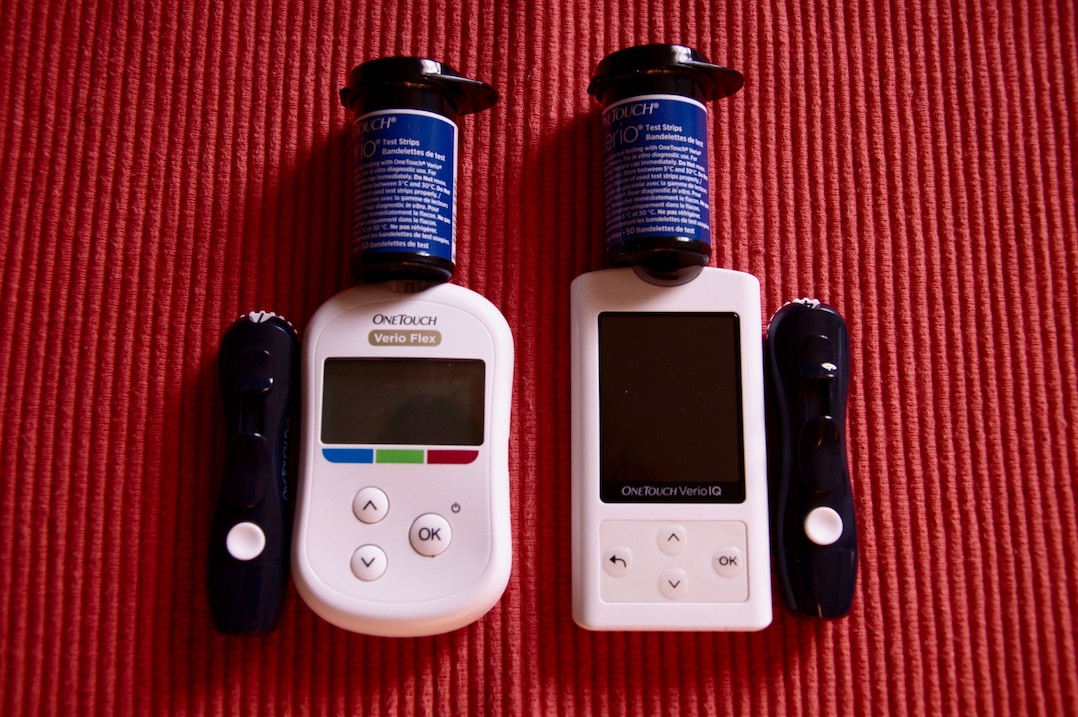The Hippo In Your Brain – Are you literally losing your mind?
I often ask patients the following question. Have you notice a decline in your memory or cognition over the last three to five years? Too often, regardless of age, the answer is flat out “yes” or a more unsure “I think so.” The next question is how are you sleeping?, which is inevitably followed by a resounding not well!
The Center for Disease Control (CDC), data indicates that 35 percent of Americans over the age of 18 are not receiving enough sleep. Twenty percent of senior citizens over the age of 65 are experiencing Mild Cognitive Impairment. As you will see in this article, Mild Cognitive Impairment is associated with sleep and cortisol function. Poor sleep at any age is a limiting factor for performance in all areas of life.

Hippocampus, Sleep and Your Memory
If one area of the brain (mesial temporal lobe) starts to shrink, early cognitive decline may result. Each area of the brain provides a window into various disease states, some are more widely known to impact dementia. The mesial temporal lobe contains a number of important structures, one of those being the hippocampus. The hippocampus is responsible for short term memory, converting short term memory to long term memory. The hippocampus can degenerate in response to excessive cortisol secretion, head trauma, hypoxia (lack of oxygen), chronic infections, and long standing chronic stress.
The circadian rhythm or what is referred to as your biological clock helps you fall asleep, stay asleep and feel alert and energetic throughout the day.
Your sleep/wake cycle is regulated by the hormones cortisol and melatonin. A lifetime of stress, poor relationships, work related problems, financial troubles, poor eating, and exposure to toxins all cause disruptions in cortisol secretion. Years of working night shift or poor sleeping patterns are great ways to cause changes in melatonin and cortisol balance.
For years I have indicated to patients that one of the first signs that we are losing health is the loss of good sleep.
If you wake up at 3AM wondering what you are doing up, this is one warning sign that your cortisol balance is compromised and could be your first sign of hippocampal or brain degeneration.
A day does not go by that I see patients who are having trouble sleeping. Here are some of the common sleep related complaints: Continue reading…



